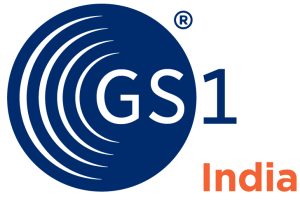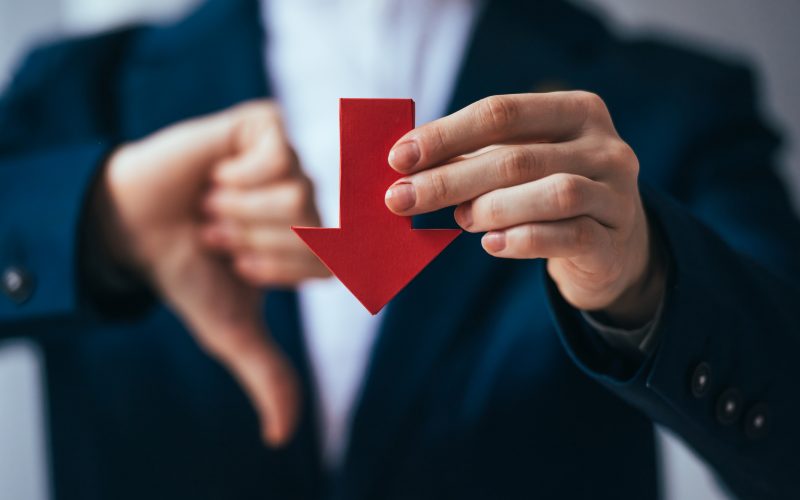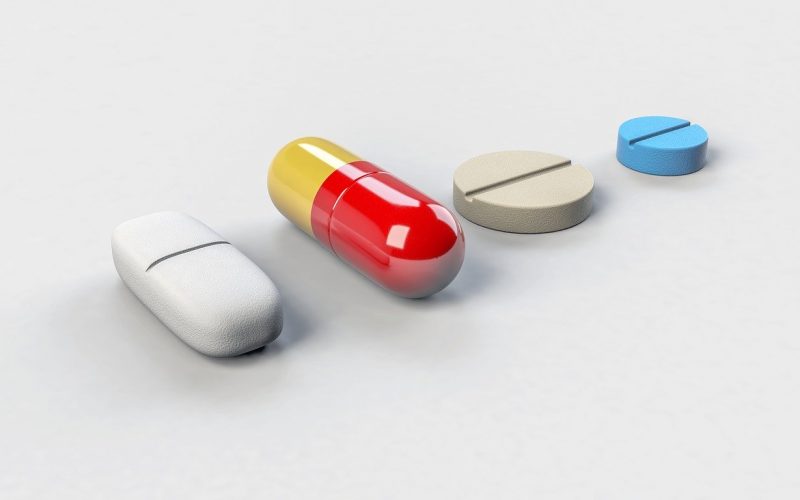Overview
If you are a business owner selling products through retail chains and/or online shopping websites, it comes without saying that your products need to be identified with barcode numbers/unique product codes. These barcode numbers not only enable you to sell products through modern retail channels (online and in-store), but also come with a plethora of other benefits for your business.
It is important to note that GS1 India is the only authorised body to sell and issue GS1 barcode numbers (numbers starting with ‘890’) in the country. Buying your barcode numbers from an authentic source – GS1 India – benefits your business in multiple ways including compliance with regulatory requirements, improved search results, automated data capture and more.
Despite these facts, there are a lot of companies that, due to pricing options, choose to invest in barcodes that are not directly issued by GS1 India. While the offer seems lucrative at first, the consequences of buying barcodes from unauthorised sources can impact your business adversely in the long run. Below are some of such impacts:
Multiple vendors, increased costs
One of the benefits of buying barcodes from GS1 India is the free access to DataKart service for managing product and barcode information. When you buy barcode numbers from an unauthorized source, you need to find and pay packaging and other vendors for encoding barcode numbers into barcode images, which eventually increases your overall cost.
Major retail channels only accept GS1 barcode numbers
Most of the big retail channels in India, both offline and online, only accept products with GS1 barcode numbers to list in their systems (item masters) and avoid scanning issues at the checkout counters. In such cases, barcodes bought from unauthorised sources becomes unusable, therefore, compelling the brand owner to scrap their entire product packaging along with the old barcodes and replace it with new barcode numbers (procured from GS1 India) and new packaging carrying the same.
Hence, to safeguard your business from such nuances, it is advisable to buy GS1 barcode numbers from GS1 India only.







